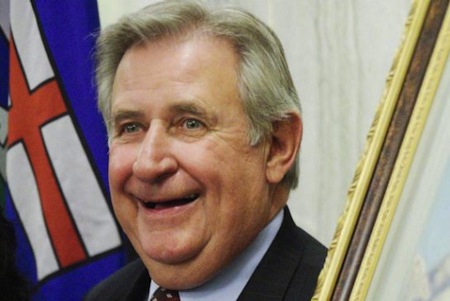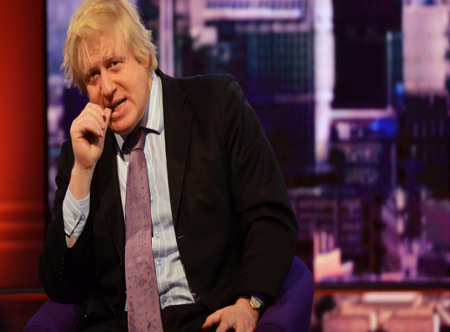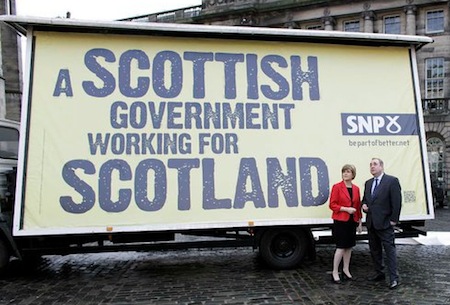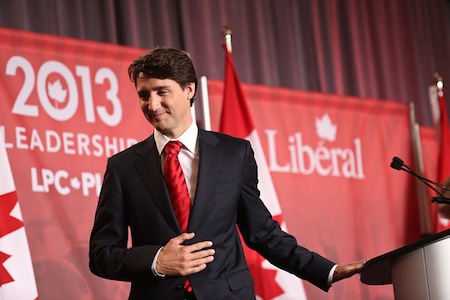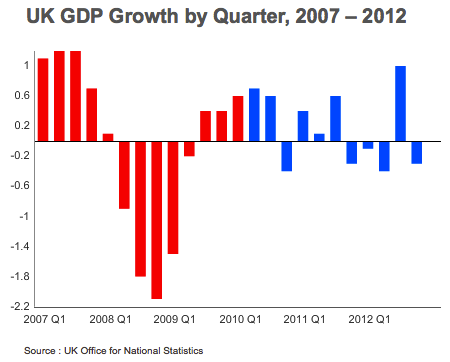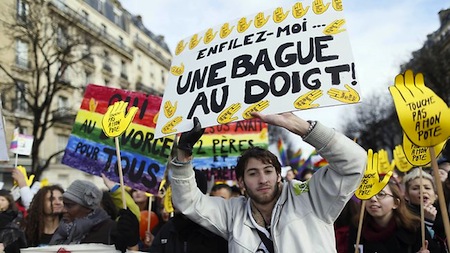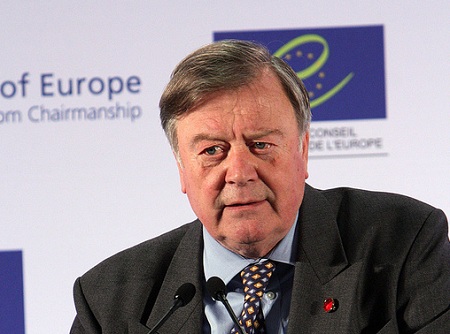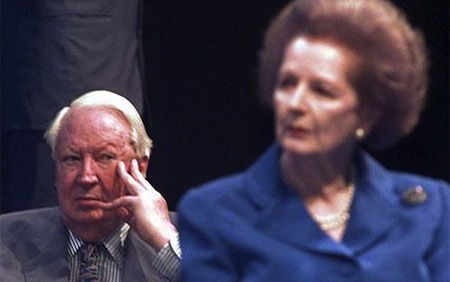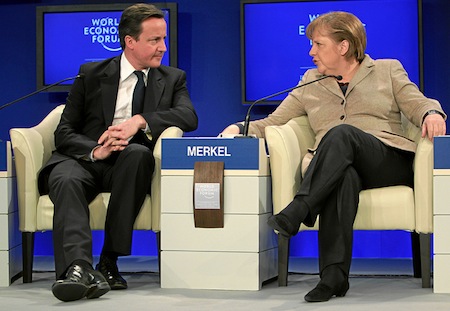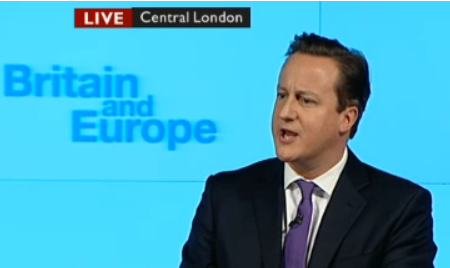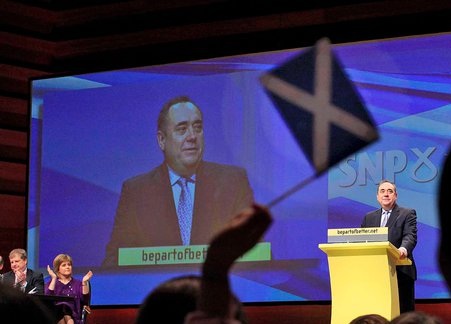No one symbolized the conservatism of western Canada more than Ralph Klein, who died today at age 70.
Elected Alberta’s premier in 1992, Klein served until 2006, championing the ‘Alberta Advantage,’ and presiding over what became Canada’s wealthiest province, the heartland of today’s Conservative Party.
Tory leader Stephen Harper has represented a Calgary riding in the House of Commons since 1993, and the Reform Party, later the Canadian Alliance, got its start among Calgarian conservatives like Harper and Preston Manning. Harper engineered a merger with the then-decimated Progressive Conservative Party at the national level, resulting in the united center-right government he leads today.
Klein, who remained firmly planted in Albertan provincial politics, nonetheless became the ideological godfather of the more fiscally conservative, more Western, and more aggressive conservatism that came to Canadian federal politics in the early 2000s under Harper.
Despite his resignation (with a push from his Progressive Conservative colleagues) as premier in 2006, Klein’s legacy may also be one of the reasons that Albertan premier Alison Redford, despite slumping polls, held on to win a full term as premier in the April 2012 Albertan provincial election in the face of a more stridently populist and socially conservative challenge from the newer Wildrose Party. The win continued a Progressive Conservative run of power that’s been uninterrupted since 1971.
As Don Braid of The Calgary Herald writes, much of Klein’s legacy is in his campaign to eliminate Alberta’s debt:
It’s deeply ironic that at the moment of his death, Ralph Klein’s legacy has been formally overturned, as a new wave of Alberta politicians revert to debt, borrowing and deficit as the chief tools of government. Klein banned those things. He paid off debt and then made it illegal. A man who knew how to squeeze a penny, he was the perfect leader to throw off the crushing debt Alberta faced when he took office in late 1992.
Read it all, but there’s much more from The Calgary Herald here, including this video and this timeline of his life.
Colby Cosh at MacLean’s notes his legacy on debt, but also on federalism and the assertion of Alberta’s growing regional power, despite Klein’s prickly attitude toward eastern Canada — he once termed eastern migrants to his province ‘creeps and bums’:
The ways in which Ralph Klein is misunderstood outside Alberta seem to mirror the ways in which Alberta itself is misunderstood; although attachment to religion is actually lower in Alberta than in Ontario and the Atlantic Provinces, it is Alberta that is thought of as an atavistic, “socially conservative” hate factory. The real difference between Alberta and other provinces is more structural than ideological or religious. Alberta has a strong lingering streak of laissez-faire utilitarianism because most of its citizens are no more than a generation removed from those who came here for jobs.
The Globe and Mail gathers some of Klein’s more memorable quotes here, including this quintessential quote from when he was Calgary’s mayor from 1980 to 1989:
“Everyone knows I have sins. I eat too much. I still drink. I gamble and, God forbid, I still see some of my old friends.” – In April, 1982, explaining how he hadn’t let being mayor completely alter his lifestyle.
The Toronto Star‘s Petti Fong considers Klein’s relationship with the Chinese community here, and Don Martin’s take at The National Post here.
Photo credit to John Ulan of the Canadian Press.
